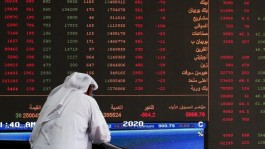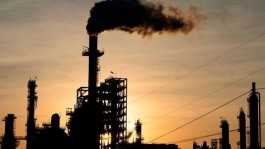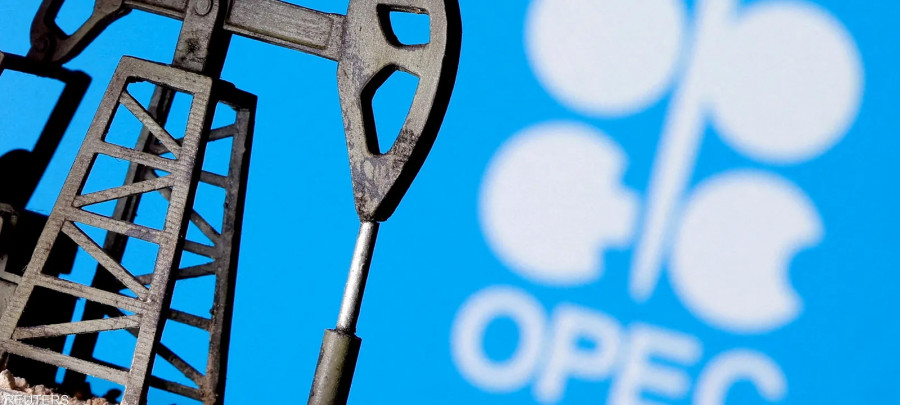OPEC expected global demand for oil to increase next year, but at a slightly slower pace than this year, as concerns persist about a possible economic recession due to tight monetary policies.
OPEC stated in its monthly report that it expects global demand for oil to increase by 2.7 million barrels per day in 2023, while keeping its forecast for demand growth in the current year unchanged at 3.36 million barrels per day.
OPEC's first forecasts for the oil market in 2023 indicate that supply pressures will continue into the coming year, as global oil demand growth exceeds the increase in supply by 1 million barrels.
Crude oil prices are hovering above $100 a barrel as oil fields and refining facilities fail to keep pace with the fuel demand recovery after the Corona epidemic, exacerbating the cost of living crisis and threatening to push the global economy into recession. .
OPEC expected global demand for oil to increase next year, but at a slightly slower pace than this year, as concerns persist about a possible economic recession due to tight monetary policies.
OPEC stated in its monthly report that it expects global demand for oil to increase by 2.7 million barrels per day in 2023, while keeping its forecast for demand growth in the current year unchanged at 3.36 million barrels per day.
OPEC's first forecasts for the oil market in 2023 indicate that supply pressures will continue into the coming year, as global oil demand growth exceeds the increase in supply by 1 million barrels.
Crude oil prices are hovering above $100 a barrel as oil fields and refining facilities fail to keep pace with the fuel demand recovery after the Corona epidemic, exacerbating the cost of living crisis and threatening to push the global economy into recession. .
OPEC said its forecast for 2023 assumes that there will be no escalation in the Ukraine war and that risks such as rising inflation will not have a strong impact on global economic growth.
The organization and its allies, including Russia, or the alliance known as OPEC +, are raising production after record cuts in 2020 due to the pandemic.
In the past months, OPEC+ reduced the targeted production increases due to the lack of investments by some OPEC members in oil fields and the losses of Russian production.
The report revealed that OPEC production deviated from expectations in June and increased by 234 thousand barrels per day to 28.72 million barrels per day.






































